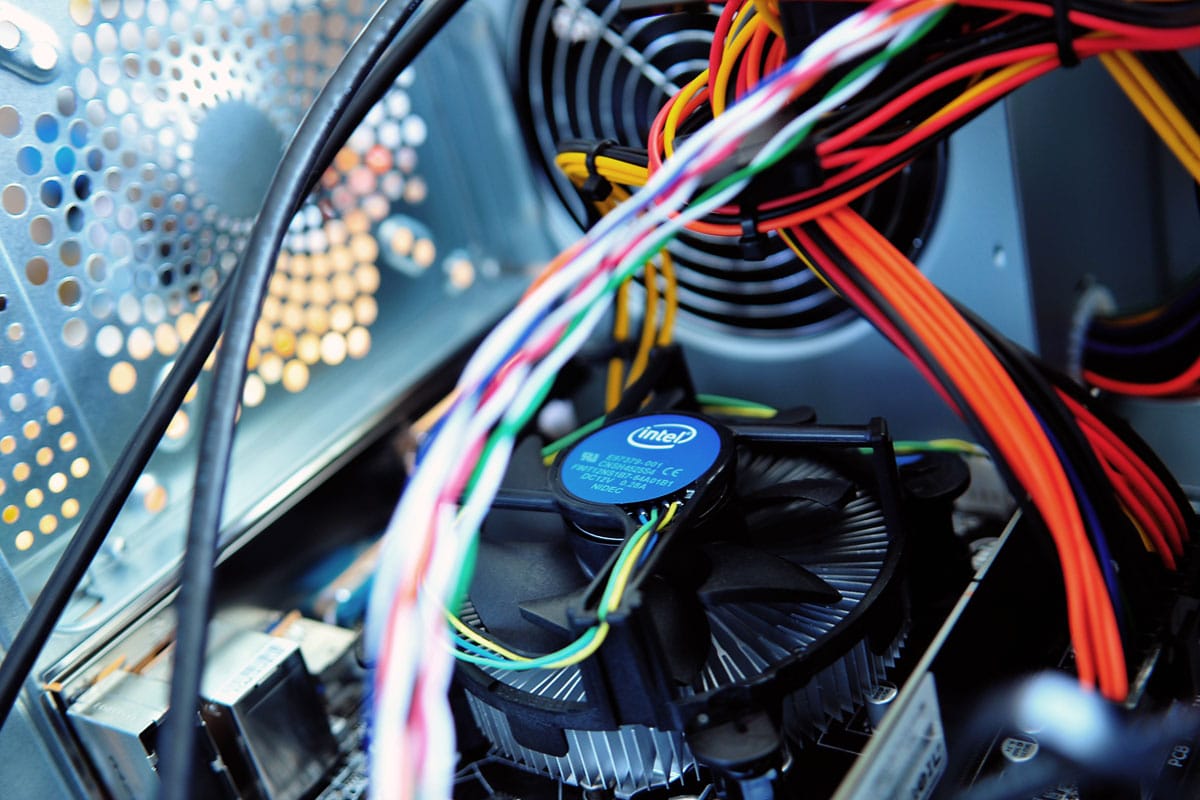It isn’t all in your head, your computer is slowing down:
It could be the weight of photo’s on a clogged-up hard drive, or a system start-up running hungry unnecessary applications.
Yet, these things are easy to fix with a format. But what happens when your system is slow regardless?
The reality is, as software moves on, old hardware gets sluggish. And the only solution is to buy a new computer – or upgrade. This leaves the question of what you should upgrade on your PC first.
CHECK OUT: ASUS ROG Flow X13 Review – The Game-Ready 2-In-1
1. Upgrade Your RAM
The most effective way to upgrade your computer is to add more memory. It is quite inexpensive, it can be done on virtually every computer, and it does not involve much hardware knowledge.
An upgrade of RAM will help to enhance the performance of the PC instantly and make it run through processes faster than before. Especially if you are regularly performing resource-hungry tasks, like playing games or editing videos.
If upgrading, aim for 16 GB RAM.
CHECK OUT: Alienware Aurora R14 Review – AMD Ryzen 9 5900 Edition
2. Add A Solid-State Drive
If your system doesn’t have one, you can give your PC a significant boost with a 2.5-inch Solid Slate Drive (SSD). This will increase the load times of all applications and boot time.
And if you are using a SATA-based 2.5-inch SSD, upgrading to an NVMe M.2 drive will be a sensible idea. That is if your PC has an M.2 PCIe slot.
So before making the upgrade, consult your motherboard manual to make sure it has the right connections.
CHECK OUT: ASUS ROG STRIX SCAR 15 Review
3. Do You Need A New Graphics Card?
Depending on the manner in which you use your computer, upgrading your graphics card can be either the perfect fix or a waste of money:
- Upgrade if you are making lots of 2D and 3D animation, 3D modeling, video, and photo editing, as well as other graphics-intensive chores, or are playing high-end video games, then your device will need to keep up with graphic card technologies.
- Don’t Upgrade If your computer is mostly used for basic multimedia operation or for simple school/office work, then there is no need for your PC to get a new graphics card.
So, if you don’t need a new graphics card, don’t buy one, especially as these devices remain really expensive.
